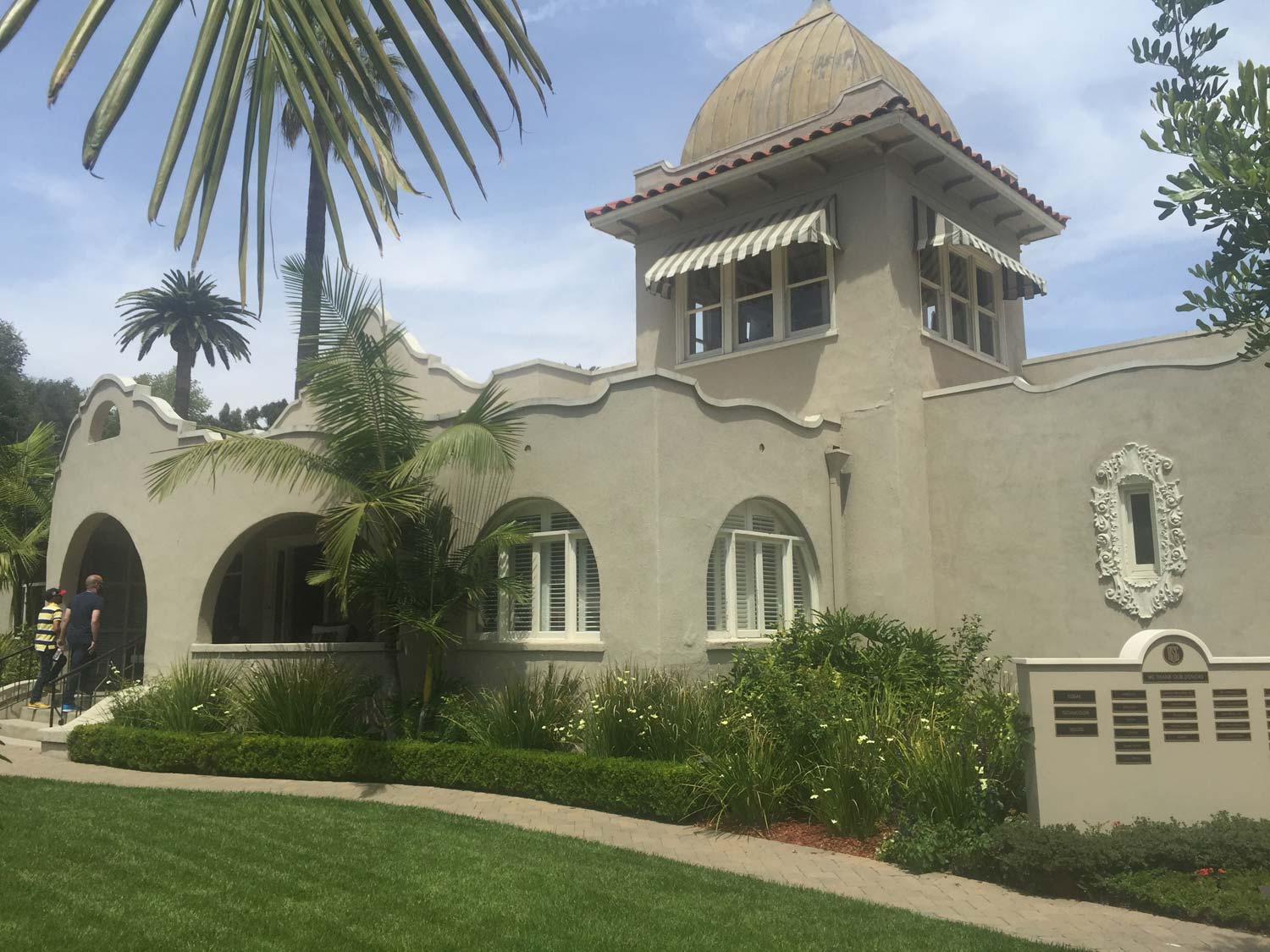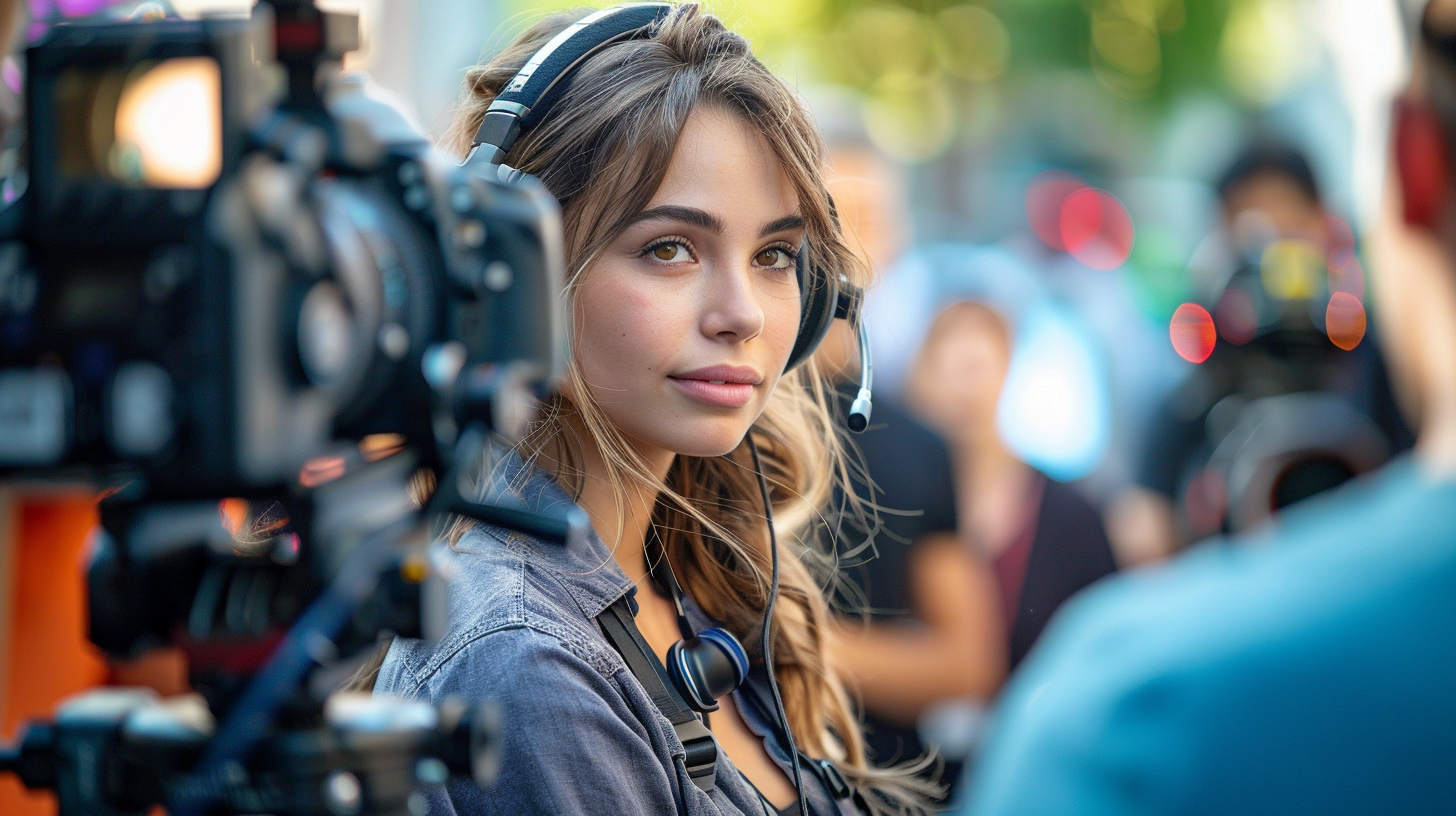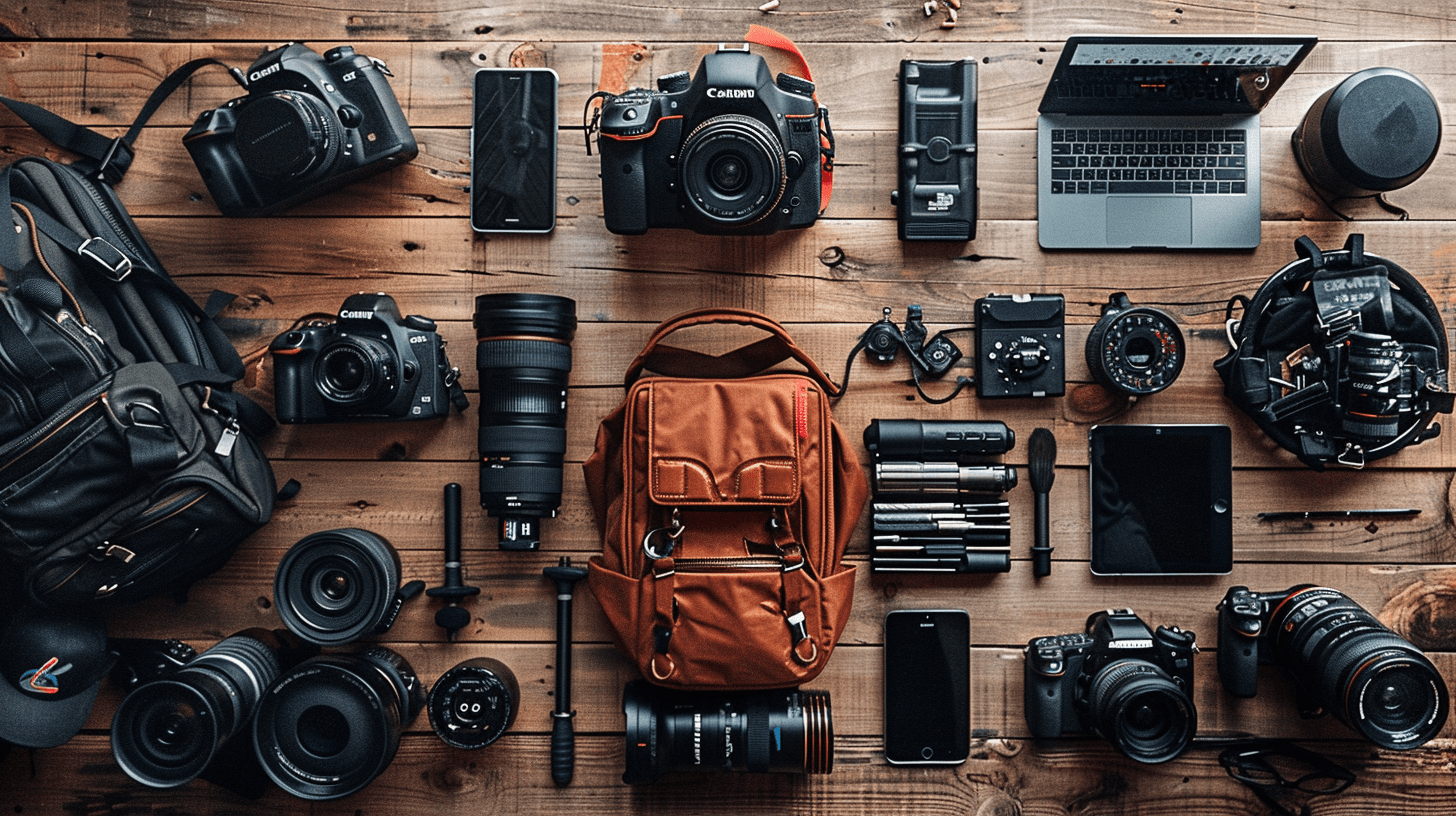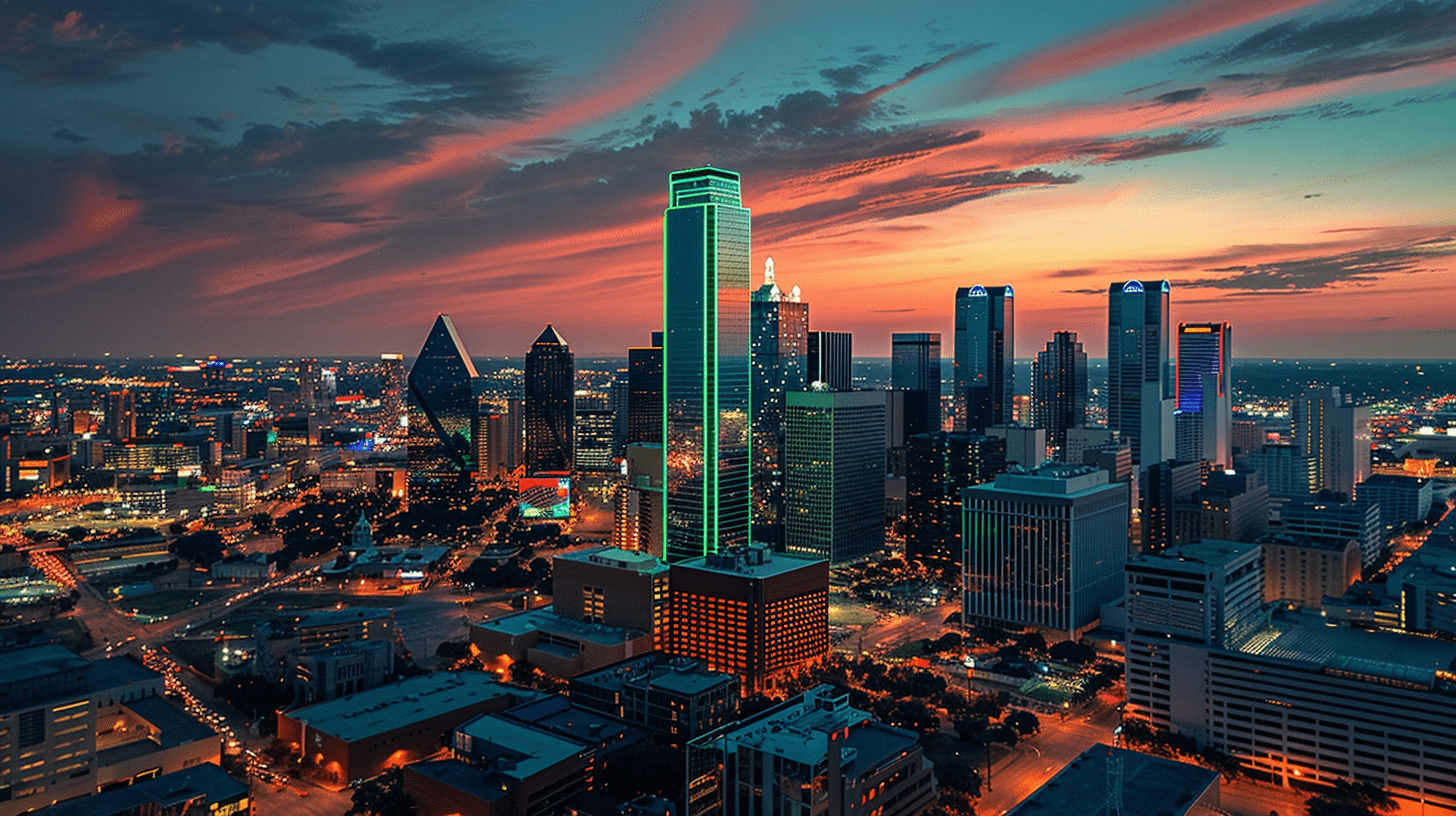ASC Masterclass 2015
So the American Society of Cinematographers puts on a Masterclass. I was fortunate to have been accepted to the program and attend. I have done my best and will continue...

So the American Society of Cinematographers puts on a Masterclass. I was fortunate to have been accepted to the program and attend. I have done my best and will continue to aggregate the immense amount of knowledge of the next few days here.
The class taught by masters
So the first day of the ASC masters class was nothing less than phenomenal. Let me start off by saying if you have the opportunity to come to Los Angeles and care about getting great insight into cinematography, TAKE ADVANTAGE of this you won’t be disappointed. There are just so many wonderfully talented people involved in this masters class, it’s incredible. Truly.
Let me start off by giving an overview of what happened today and then I’ll go back in greater detail and explain each part. We started off the day listening to John Bailey ASC talk about cinematography theory. Which was interesting but very academic. Having been out of school for over a decade now I found it a little difficult, although inspiring. After that we listened to Don McCuaig ASC talk about shooting second unit, matching shots, and time lapse photography. Next we had a panel discussion that covered a wide variety of topics in the cinematography world from dealing with the pitfalls of the career, down to how to hire and fire people and great info about finding and using an agent. We ended with dinner, and there were a lot of ASC members that showed up to share their knowledge with the group. I felt like I didn’t deserve to be there.
Don’t pass up the opportunity to keep you mouth shut. No one can hold against you the thing you didn’t say.
If there’s one thing I could take away from the whole experience of day one it was that relationships are really all that matters. I know I have stated it in previous blog posts, but its true. All of the most “successful” people I talk to, say the same things. “Be someone you would want to work with”. Cinematographers at this level and point late in their careers are more concerned with making a beautiful picture that resonates with the deepest part of the art form. They want to connect with an audience on a deep level. John Bailey made a definite point about “chaos cinema”. He as well as some of the older fellas in the class mentioned they really dislike the shaky camera, typical action film aesthetic. I however think it works well to add intensity to a film. John used the chase scene from the Bourne Legacy as an example of unintelligible cinema. I’ll give it to him, that you can get lost in the action sequences pretty easily. I however think The Bourne Supremacy, is far worse than The Bourne Legacy, but, its a matter of taste I guess. Mr. Bailey’s objection to the typical American action sequence of today is it makes the audience disconnected from the story and often times they lose a sense of place in the sequence. I will agree with that. He made the statement that we need an antidote for shaky camera chaos. In contrast he showed, from Bela Tarr called the Werckmeister Harmonies, I have to admit all the style was untypical… it was beautiful and beautifully done. A lot of very intentional moves with very intentional framing to tell a very intentional and beautiful story. Its not a story most people would like, more of an art film narrative… It was a pleasure to watch. Not being a film school kid myself I found a lot of the material as though I was hearing it for the first time, which I was.
Don’t go looking for an agent. Let them find you because of they are seeking you out they will be in your corner and work for you. Focus on making good work.
After a short break we listen to Don McCuaig speak about shooting second unit photography. I was actually very drawn into all of his work if you have the opportunity check out his demo reel it’s really awesome. All his work is from high profile films. I couldn’t find a link online to his demo reel, but his list of movies he has worked on is as long as anyone’s on IMDb check it out here. His big advise to everyone was finding jobs is really all about relationships. As a second unit director most of his jobs came from a relationship with the first unit director, producer etc. This guy is a great personality. He said, he has watched every single frame that has came out of the camera he used. He said this is been a practice he is done for his entire career, and was his advise for matching 2nd unit to 1st unit photography. The most pragmatic words he gave was, “the most simple solutions are the best solutions to get moving forward”. This seems to be a theme amongst all visual professionals. Keep it simple stupid.


After having a lunch out on the patio of the AFC clubhouse, we came back in to have the panel discussion amongst the 14 active members that were there, there was a ton of knowledge shared and I am only going to be able to recall the things that I actually had time to type in. I have to admit it was like drinking from a fire hydrant at times, so strap in and hold on.
From Bill Bennett:
- What I do is 25% cinematography and 75% diplomacy and politics.
- With the passion comes the heat in the moment.
- No one can hold against you the things you didn’t say. – never pass up he opportunity to keep your mouth shut.
- Be a good person to work with because at the highest level there are 5 other people we could hire. We are looking for the experience to go smoothly.
What do you look for in people you interview?
- Gut instinct matters
- Sometimes the cost of replacing someone really isn’t worth it. Sometimes, this is the team you have now go and make it the best team you can.
- People look for people that are positive. When asked about other jobs, talking about th negatives is a red flag
- In an interview, Don’t tell people what they want to hear, they can tell you’re faking it. There’s no pressure, you don’t have the job yet.
- There aren’t any expectations.
- I want a nice guy that runs a tight ship. *Most everyone wants you to be the boss of your own ship.
- Hire guys who are better than you. Don’t be afraid to be humble.
- Creative people want to be a part of a collaboration team.
- The key to working is being a good person to work with. Make your boss look good.
- When you’re on an interview make sure it’s a 2 way street. You need to make sure you want to work with them.
- Don’t chastise anyone in front of the whole group. That will embarrass them.
- Make sure you compliment your team loud enough to where everyone else can hear them.
- We all have energy, we also have discretionary energy. You need to create an environment to make people want to give you that discretionary energy. Learn to be a leader.
- Don’t forget to acknowledge the people that are doing the work. People need to know you care.
- No one wants you to be moody. Set the energy. People need to want to be around you. Everyone there wants to please the boss.
- The little things get the momentum going.
- To gain the respect of the crew: let them be leaders, let them make decisions, then acknowledge their good work. If they have an idea that will work and you go with it, they will be invested and will do anything for you.
General questions.
- Planning on being in the right place at the right time is the best thing you can do.
- *You can’t do it alone
- Always be prepared to to change. Don’t be attached to anything.
- *You can’t do it alone.
- Do blocking with the actors, not the stand ins. Then send them back to hair and makeup.
- You have to take care of your reel. It’s like a bonsai tree. Take care of it as it grows and it will take care of you.
- You win jobs. You don’t ever loose the things you don’t have. Go win.
- Don’t go looking for an agent. Let them find you because if they are seeking you out they will be in your corner and work for you. Focus on making good work.
- Agents should be about protecting you. It’s in no ones interest to further your career unless it benefits them. Everyone is only worried about their career.
- You need to be able to find an agent, someone that speaks your language.
- Don’t worry about calling an agent and asking them what’s going on if you aren’t getting calls. You still need to be in control of your career.
- You just need an agent to get you in the door, not to find you jobs.


Sorry, that was such a crazy collection of tidbits, but it was the best I could do to keep up. After the round table discussion, it was dinner time, which didn’t disappoint. Being someone who doesn’t typically want to mingle with people I got over it really quickly, considering the possibilities and decided to push in. I’m so glad that I did. The first table I sat at, I had the pleasure to sit with Gil Hibbs, Neil Krepela and Frieder Hochheim. You may not have heard of any of these names, but you have definitely heard of the things they have created. Gil Hibbs ASC was the cinematographer for the TV show Murphy Brown for 10 years. Neil Krepela worked at ILM on the Empire strikes and later on Ghostbusters doing visual effects supervision. Frieder Hochheim started Kino Flo. So needless to say, I was sitting at a table full of men who far exceeded my experience and knowledge in every aspect relating to film. Of course I gawked over the fact that Neil had started Industrial Light and Magic doing all the matte paintings for the Empire Strikes Back. I asked him a lot of questions about how he filmed the Stay Puft Marshmallow Man and Slimer. He spent a lot of time doing some really amazing work and if you have the opportunity I would recommend talking to him. He’s a sweet old man who has a lot of knowledge he is willing to share. He was actually still at the clubhouse talking to people after I left at 10pm. Frieder, could be the smartest man I’ve ever talked to about lights. It makes sense since he started arguably the most successful fluorescent light company in the world.
Don’t go looking for an agent. Let them find you because if they are seeking you out they will be in your corner and work for you. Focus on making good work.
After about an hour of talking and eating, I switched tables in the most appropriate and subtle way possible, “hey, you want something to drink?”… I sat down next to Peter Levy who is Stephen Hopkins director of photography. At this point in the night I was all about asking more personal questions, not about technical ways of accomplishing film, but about fundamentals. Im a sucker for asking old guys about the retrospective. However, I was so into hearing what they had to say, I did;t write any of it down. Here are a few tidbits, “Your gift, The thing that’s going to make you money, the thing that is going to drive your career, is your eye. No one can take it away from you, you can’t teach anybody else, that’s what makes you unique”. He also mentioned that the most difficult thing about working with first time directors is that cinematographers can’t carry the technical aspects of how the story is going to edit together, the flow etc.. And it’s funny, the work that these guys are the most proud of are the independent features and low-budget films where they felt like they got to make a very beautiful pictures, not the blockbusters that so many of these guys have made in the past. It was a really phenomenal day I’m really looking forward to tomorrow.


